Back by popular demand, the World of 7 Billion student video contest helps you bring technology and creativity into your middle and high school classes. The contest challenges your students to create a short video connecting world population growth and one of three global challenges: Advancing Women and Girls, Feeding 10 Billion, or Preventing Pollution. Students can win up to $1,000 and participating teachers will receive free curriculum resources. The contest deadline is February 22, 2018 – use this lesson plan to get started now! Full contest guidelines, resources for research, past winners, and more can be found at https://www.worldof7billion.org/student-video-contest/. Continue reading
Tag: problem-based
NMAG would like to promote student participation in the Moody’s Mega Math Challenge introduced here by Adrienne P. Ali of the Society for Industrial and Applied Mathematics (SIAM). Check out their free downloadable Guidebook for Math Modeling as a model your gifted problem-based mathematics. You can also freely use their “What is Math Modeling” video library. Get ready for the Challenge Weekend at the end of this month.
Registration for Moody’s Mega Math (M3) Challenge 2017 will close in about one month!
It may seem like there is plenty of time, yet students who plan to do well are already registered and excitedly using the many resources offered, including FREE, year-long licenses to Mathematica and MATLAB, granted to all students on a team. Fully national since last year, students across the country are putting their heads together to vie for a share of $150,000 in scholarships to be awarded.
As a thought leader in education, can we count on you to help connect teachers and students in your area with this opportunity by distributing the below blurb? This ready to publish blurb is great for newsletters, online calendars, social media posts, and forwarding over email.
Also, please reply directly if you wish to receive promotional flyers, freebie mechanical pencils, and nice door prizes to giveaway at your meetings and events.
Thank you!
Adrianne, for M3 Challenge
Moody’s Mega Math Challenge
Registration for Moody’s Mega Math (M3) Challenge 2017 will close on February 17! Time is running out to register a team of three to five high school juniors and seniors to participate in the M3 Challenge for a chance at part of $150,000 in scholarships. The contest is free and open to U.S. high schools.
Participants solve an open-ended, math-modeling problem focused on a real issue in just 14 hours. Challenge weekend is set for February 24-27, 2017. Register before the deadline: Friday, February 17 at 4 p.m. EST sharp!
Students who hope to do well should use some or all of the many resources offered, including FREE, year-long licenses to Mathematica and MATLAB, available to all registered teams by request. Complete details, rules, and more resources are available at: http://M3Challenge.siam.org.
E-mail contact: m3challenge@siam.org
Designed to motivate students to study and pursue careers in applied math, economics and finance, the contest is sponsored by The Moody’s Foundation and organized by the Society for Industrial and Applied Mathematics (SIAM).
Note: If you would like flyers or posters with more information about the Challenge to distribute to your organizations or colleagues, please send a request with the quantity, due date, and shipping address at the e-mail above.
After the initial chest constriction and moment of panic, I started to think rationally about the latest artificial intelligence (AI) news: Google engineers made a machine that can compose music. It’s the stated goal of Google’s Project Magenta to make “compelling” music and art. The example I listened to, with variations on a theme of the first notes of “Twinkle Twinkle,” sounded like music to me, with simple patterns that drew me in and more complex patterns that held my attention, a nice balance of elaboration and simplicity, every dimension of composition calculated by algorithms. But could it ever generate an inspired performance?

From Ernest Edmonds’ “Light Logic” exhibition 2012. Edmonds is a pioneer of interactive, computer-generated artwork.
Cognitive Scientist, Margaret Bowden, on MIT’s Technology Review, calls this algorithmic art made by AI “combinational creativity,” essentially imitation remixed. She points out that AI’s processing is “hugely limited by relevance blindness.”
The processing that leads to contextual relevance will be a monumental leap for AI, and I won’t speculate about how soon or how likely it will be that engineers can get machines across such a chasm. Although Project Magenta piques my interest, as a teacher helping to develop students’ talents, I have much more optimism about the potential of children and youth to make that same leap from imitation to inspiration. Continue reading
My middle school students are currently working in collaboration with the New Mexico Wildlife Center to learn the physics of kayaks through building their own personal, functional kayak.
Students are learning about buoyancy, resistance, kayak design, riparian ecosystems, and weather. We are spending the winter months building the kayaks so that we can explore water habitats in the spring.
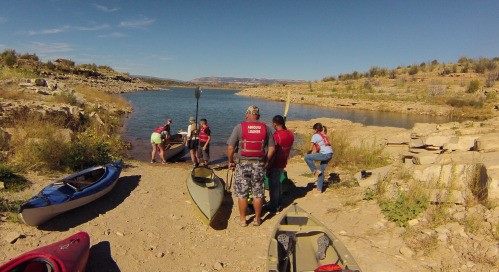
At the 2015 NMAG Fall Institute, Alicia Cotabish presented on both project-based and problem-based learning. She highlighted the differences as well as the way in which they are appropriate for high ability learners. There are numerous advantages to using project-based learning with gifted learners including:
- It is interdisciplinary
- It is aligned with curriculum and supported by NAGC Gifted Programming Standards
- It allows for in depth inquiry and problem solving
- It lends itself to differentiation and scaffolding
- Student can take ownership of their learning
- It allows for collaboration, critical and creative thinking
- It can motivate and engage students
- Students are addressing real world, authentic problems
© 2024 New Mexico Association for the Gifted
Theme by Anders Noren — Up ↑
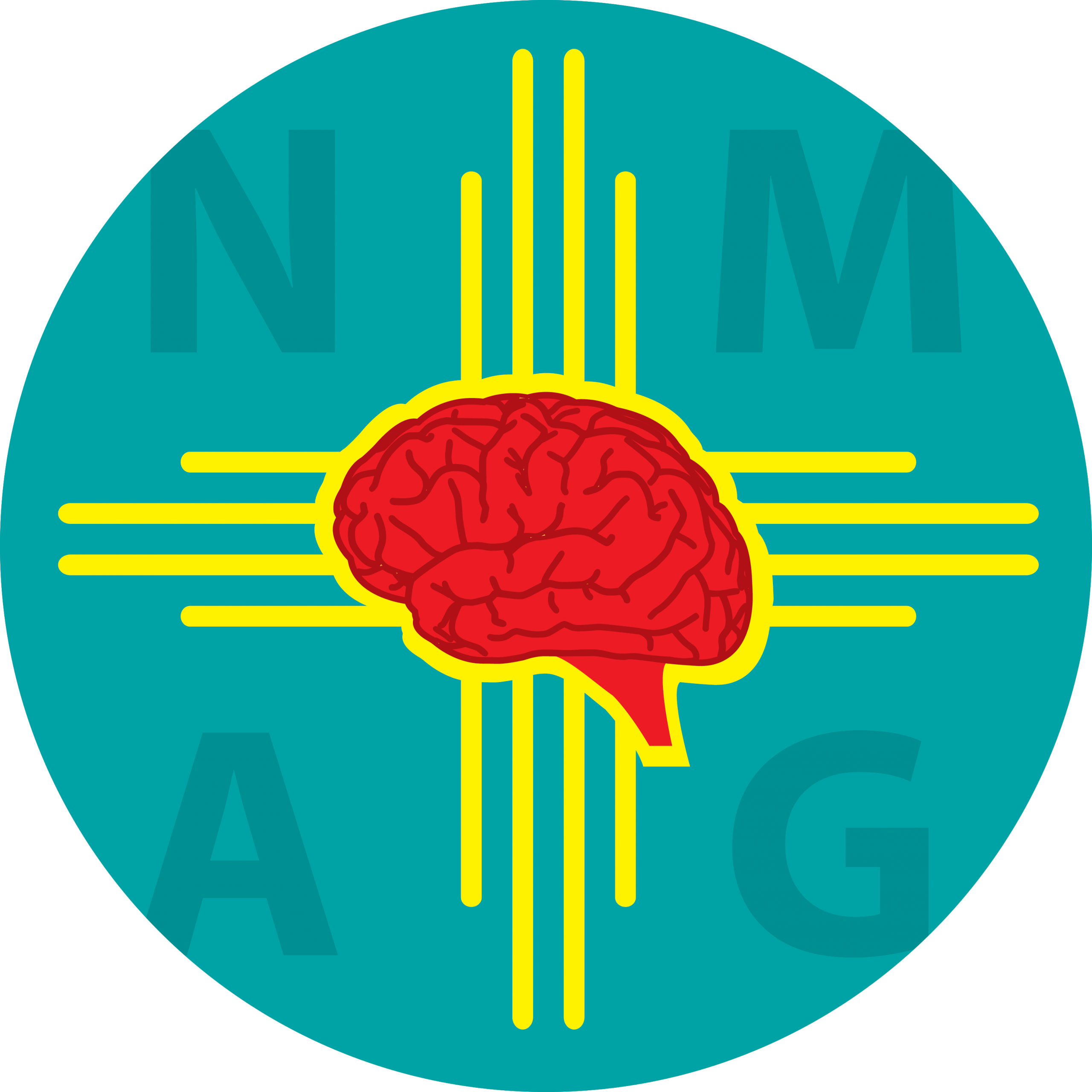
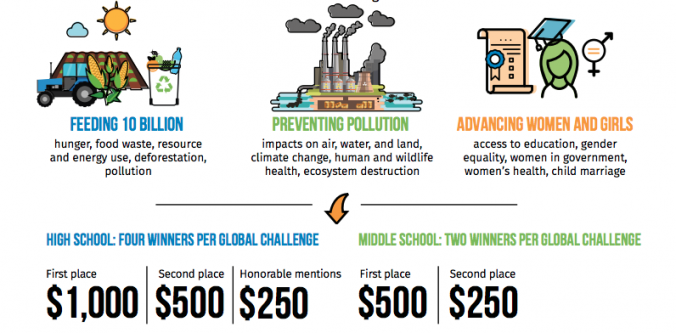
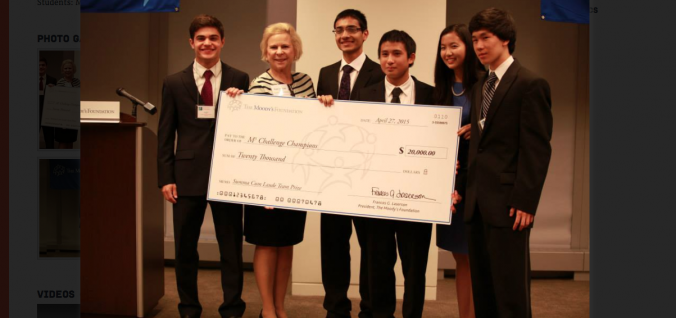
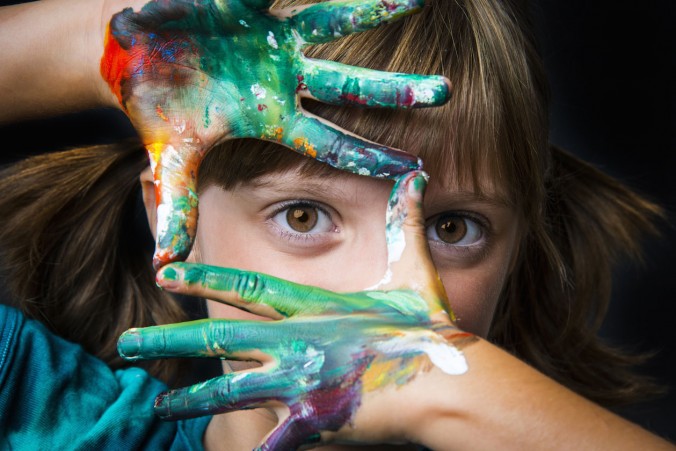
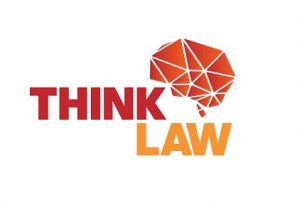
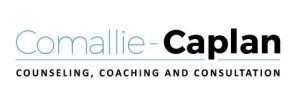
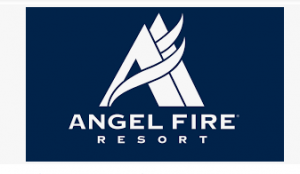
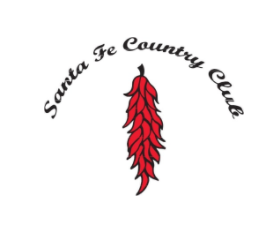
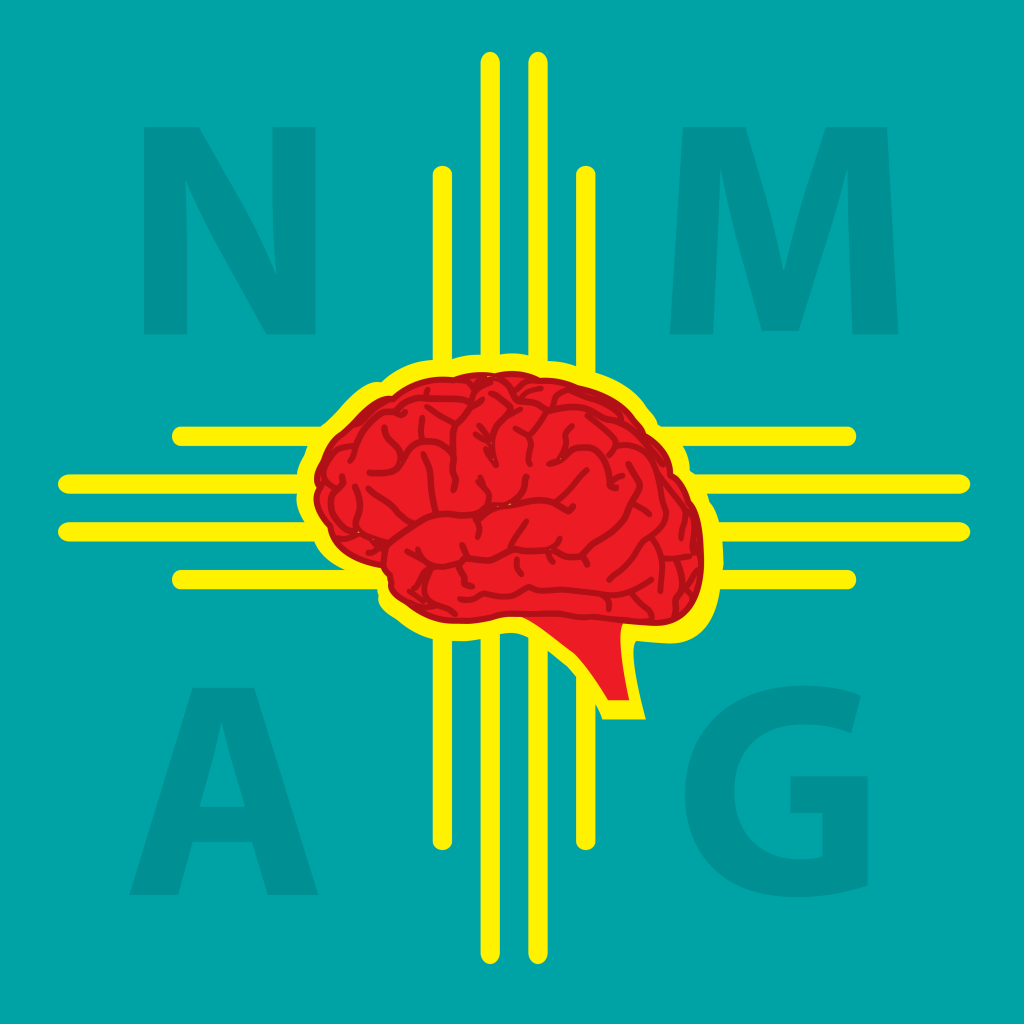
Recent Comments